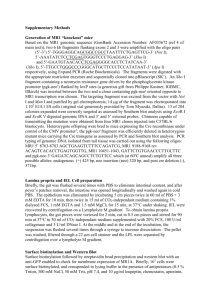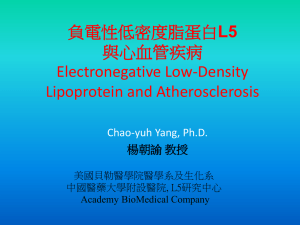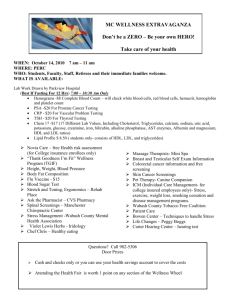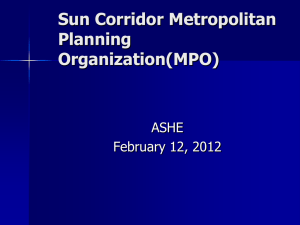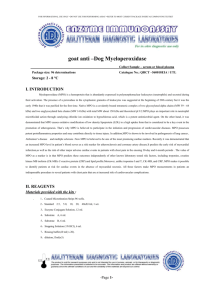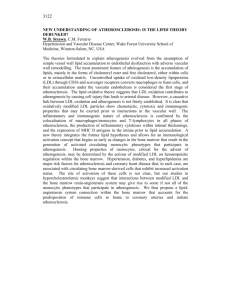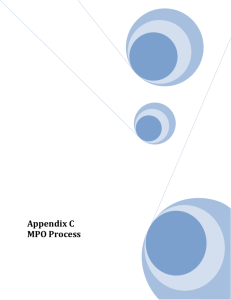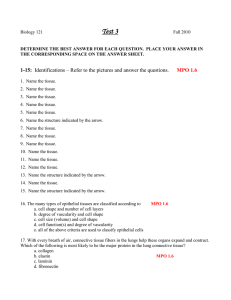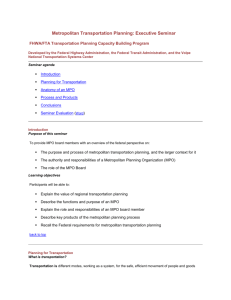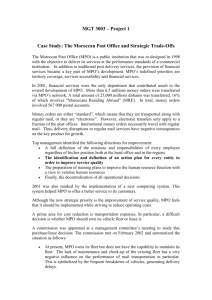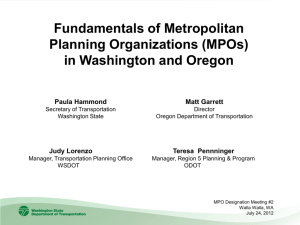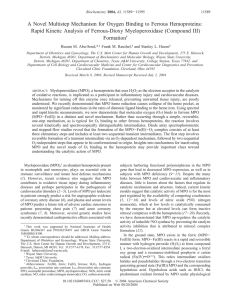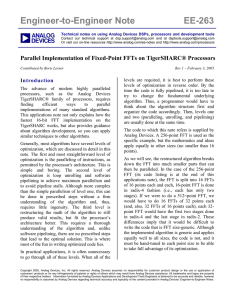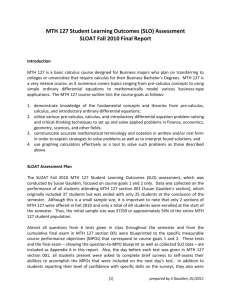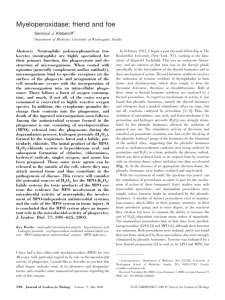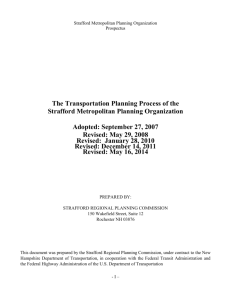ldl carbamylation in chronic uremia
advertisement
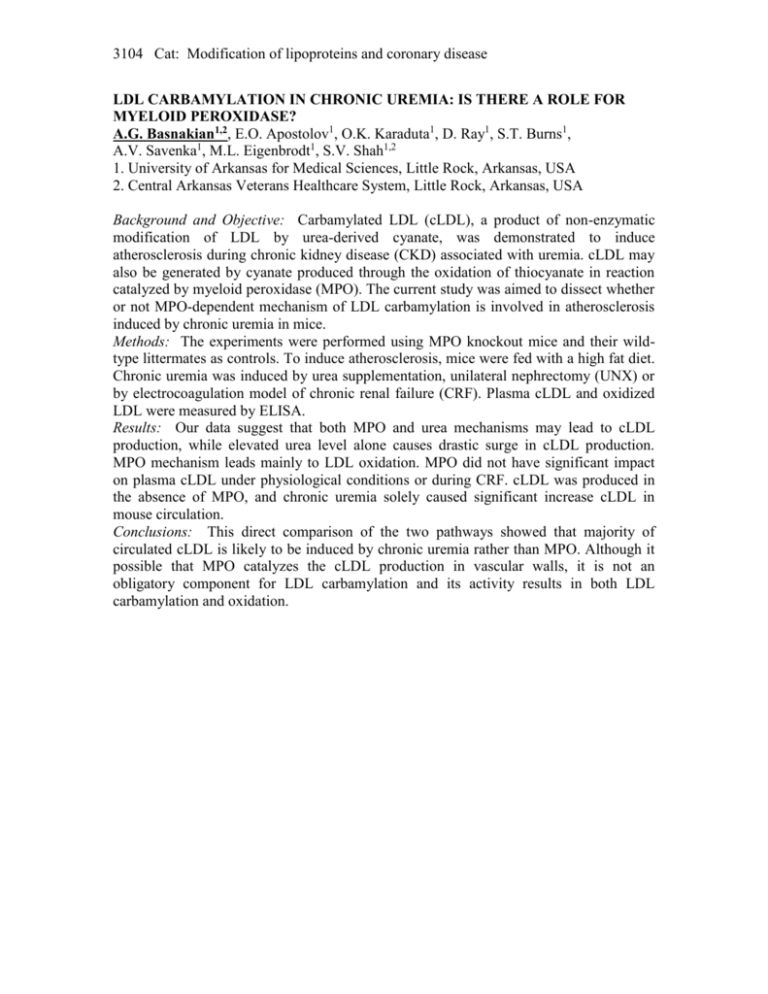
3104 Cat: Modification of lipoproteins and coronary disease LDL CARBAMYLATION IN CHRONIC UREMIA: IS THERE A ROLE FOR MYELOID PEROXIDASE? A.G. Basnakian1,2, E.O. Apostolov1, O.K. Karaduta1, D. Ray1, S.T. Burns1, A.V. Savenka1, M.L. Eigenbrodt1, S.V. Shah1,2 1. University of Arkansas for Medical Sciences, Little Rock, Arkansas, USA 2. Central Arkansas Veterans Healthcare System, Little Rock, Arkansas, USA Background and Objective: Carbamylated LDL (cLDL), a product of non-enzymatic modification of LDL by urea-derived cyanate, was demonstrated to induce atherosclerosis during chronic kidney disease (CKD) associated with uremia. cLDL may also be generated by cyanate produced through the oxidation of thiocyanate in reaction catalyzed by myeloid peroxidase (MPO). The current study was aimed to dissect whether or not MPO-dependent mechanism of LDL carbamylation is involved in atherosclerosis induced by chronic uremia in mice. Methods: The experiments were performed using MPO knockout mice and their wildtype littermates as controls. To induce atherosclerosis, mice were fed with a high fat diet. Chronic uremia was induced by urea supplementation, unilateral nephrectomy (UNX) or by electrocoagulation model of chronic renal failure (CRF). Plasma cLDL and oxidized LDL were measured by ELISA. Results: Our data suggest that both MPO and urea mechanisms may lead to cLDL production, while elevated urea level alone causes drastic surge in cLDL production. MPO mechanism leads mainly to LDL oxidation. MPO did not have significant impact on plasma cLDL under physiological conditions or during CRF. cLDL was produced in the absence of MPO, and chronic uremia solely caused significant increase cLDL in mouse circulation. Conclusions: This direct comparison of the two pathways showed that majority of circulated cLDL is likely to be induced by chronic uremia rather than MPO. Although it possible that MPO catalyzes the cLDL production in vascular walls, it is not an obligatory component for LDL carbamylation and its activity results in both LDL carbamylation and oxidation.
